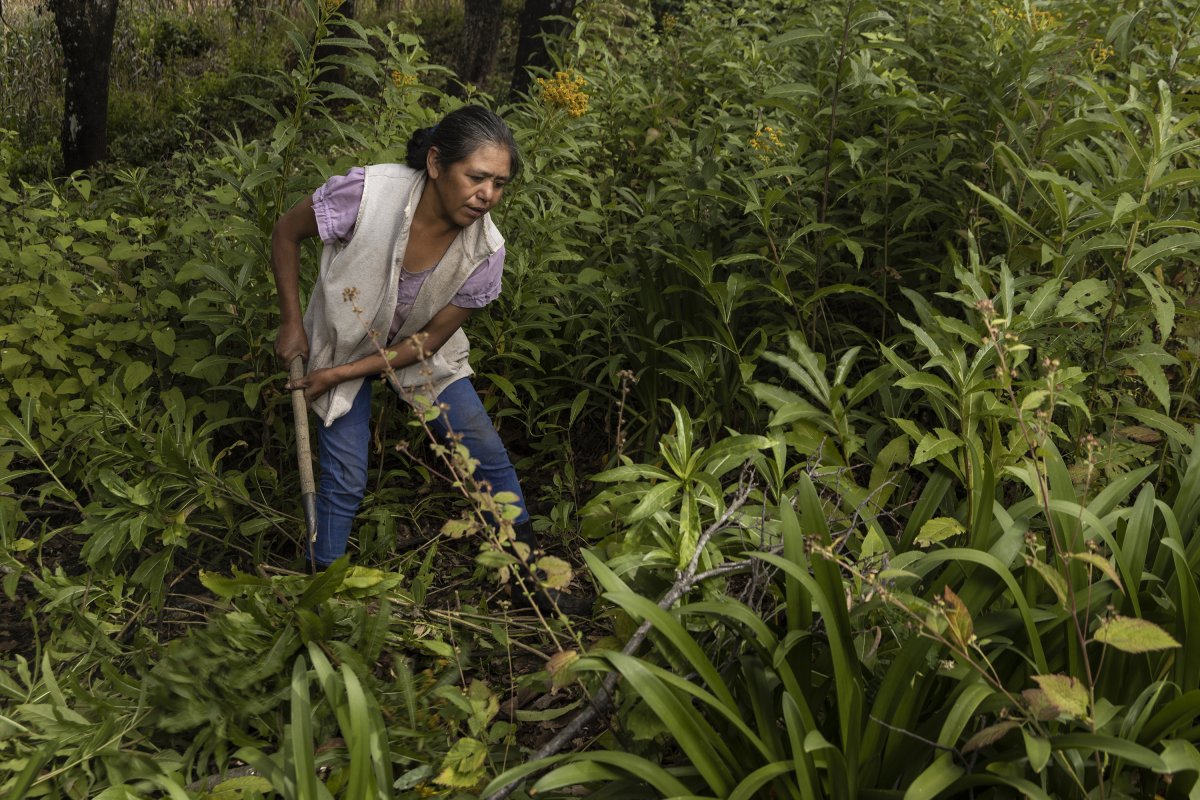Workers in Mexico are expected to see a 12 percent increase in minumum wage next year, following an announcement this week.
Minimum Wage Increase
A three-party commission comprising representatives from the government, labor unions and businesses announced Wednesday that the minimum wage will increase with the new rate set to take effect on January 1, 2025.
However, with the Mexican peso losing 18 percent of its value over the past year, the wage hike effectively represents a slight decline in real terms when adjusted for the dollar.
The new daily minimum wage will rise to approximately 279 pesos, or about $13.75. By comparison, the 2024 wage of 249 pesos per day was valued at $14.25 when announced in December 2023. Since then, the peso has depreciated against the U.S. dollar, falling from 17.20 per dollar at the time to around 20.30 currently.

Inflation in Mexico
With domestic inflation in Mexico currently at approximately 4.75 percent, the announced wage hike could amount to a real-term increase of roughly 7 percent, provided inflation doesn't accelerate further.
The new rate equates to just $1.71 per hour, a stark contrast to the U.S. federal minimum wage of $7.25 per hour. Many U.S. states, however, mandate even higher minimum wages, ranging from $10 to $16 per hour.
Recognizing the higher cost of living along Mexico's northern border with the United States, the minimum wage in that region will be set at approximately 420 pesos, or $20.70 per day, starting in 2025.
U.S.-Mexico Relations
Following President-elect Donald Trump's win in the 2024 presidential election many have speculated how he will handle ongoing immigration issues along the U.S.-Mexico border.
Last month, Trump said he had a "wonderful" conversation with Mexico's new President Claudia Sheinbaum and that Mexico will immediately "stop people from going to our Southern Border."
"Just had a wonderful conversation with the new President of Mexico, Claudia Sheinbaum Pardo. She has agreed to stop Migration through Mexico, and into the United States, effectively closing our Southern Border. We also talked about what can be done to stop the massive drug inflow into the United States, and also, U.S. consumption of these drugs. It was a very productive conversation!" Trump wrote in a post on Truth Social.
Previously, Trump warned that he plans to impose higher tariffs on Mexico, Canada and China. Trump said he would impose a 10 percent tariff on China and a 25 percent tariff on Mexico and Canada as an attempt to curb drugs, specifically fentanyl, from coming into the country. He also called out Mexico and Canada for their "ridiculous" borders.
This article includes reporting from The Associated Press.



















![Katie Holmes Arrives at Ethel Barrymore Theatre in NYC [11-26-2024]](https://celebmafia.com/wp-content/uploads/2024/11/katie-holmes-arrives-at-ethel-barrymore-theatre-in-nyc-11-26-2024-6_thumbnail.jpg)
 English (US) ·
English (US) ·